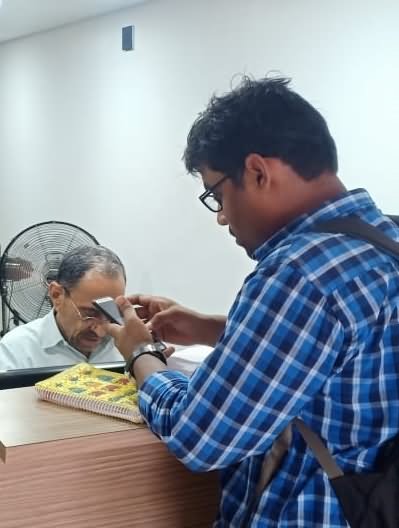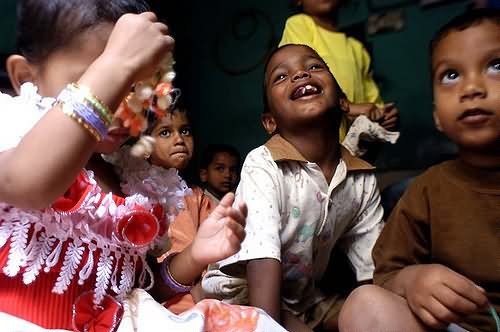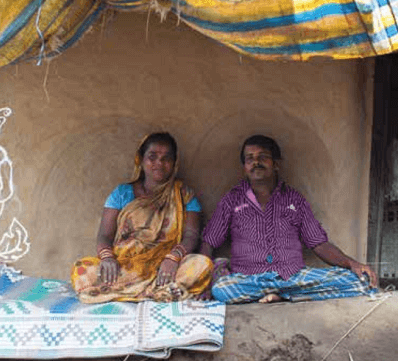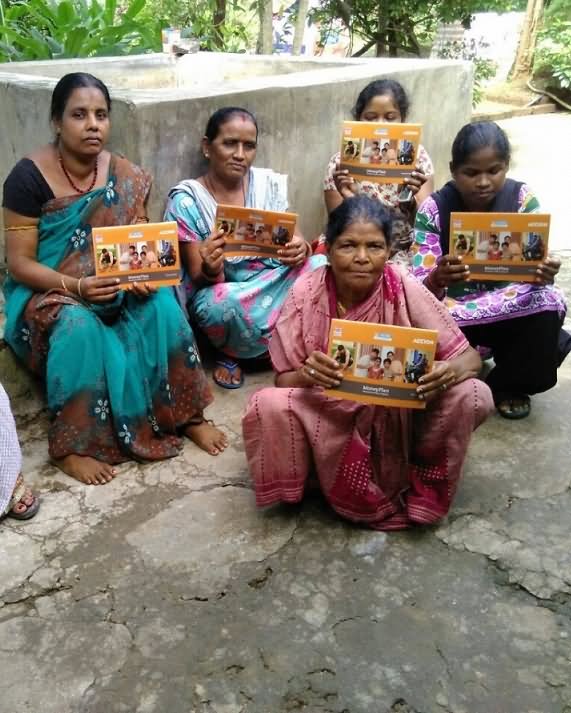
Transport, taxation, employment and effect on flow of goods in India : Evidence from Pan India Truck Driver’s survey
PIs: Jonathan Dingel The University of Chicago Booth Prabhat Barnwal Michigan University, University of Chicago Trust
Morsel is collecting data from 12 different cities in 12 states of India. Morsel is collecting data by surveying a total of 1350 truck drivers and 240 transport firms. This research project aims at understanding the effects of policy-induced transportation bottlenecks on the flow of goods in India. It wants to estimate how recent logistics-related reforms associated with the Goods and Services Tax (GST) policy have affected goods movement within the country, domestic trade, and international transactions. It also wants to identify additional bottlenecks and the scope for alleviating them. GST policy is one of the world’s most ambitious tax reforms and some of its components are directly aimed at reducing the costs of interstate freight transport. Most notably, the legislation abolished check posts at state borders and introduced electronic bills to replace paper documents. Reduction of these barriers to interstate transactions is expected to facilitate greater internal and international trade.
Click here for more


